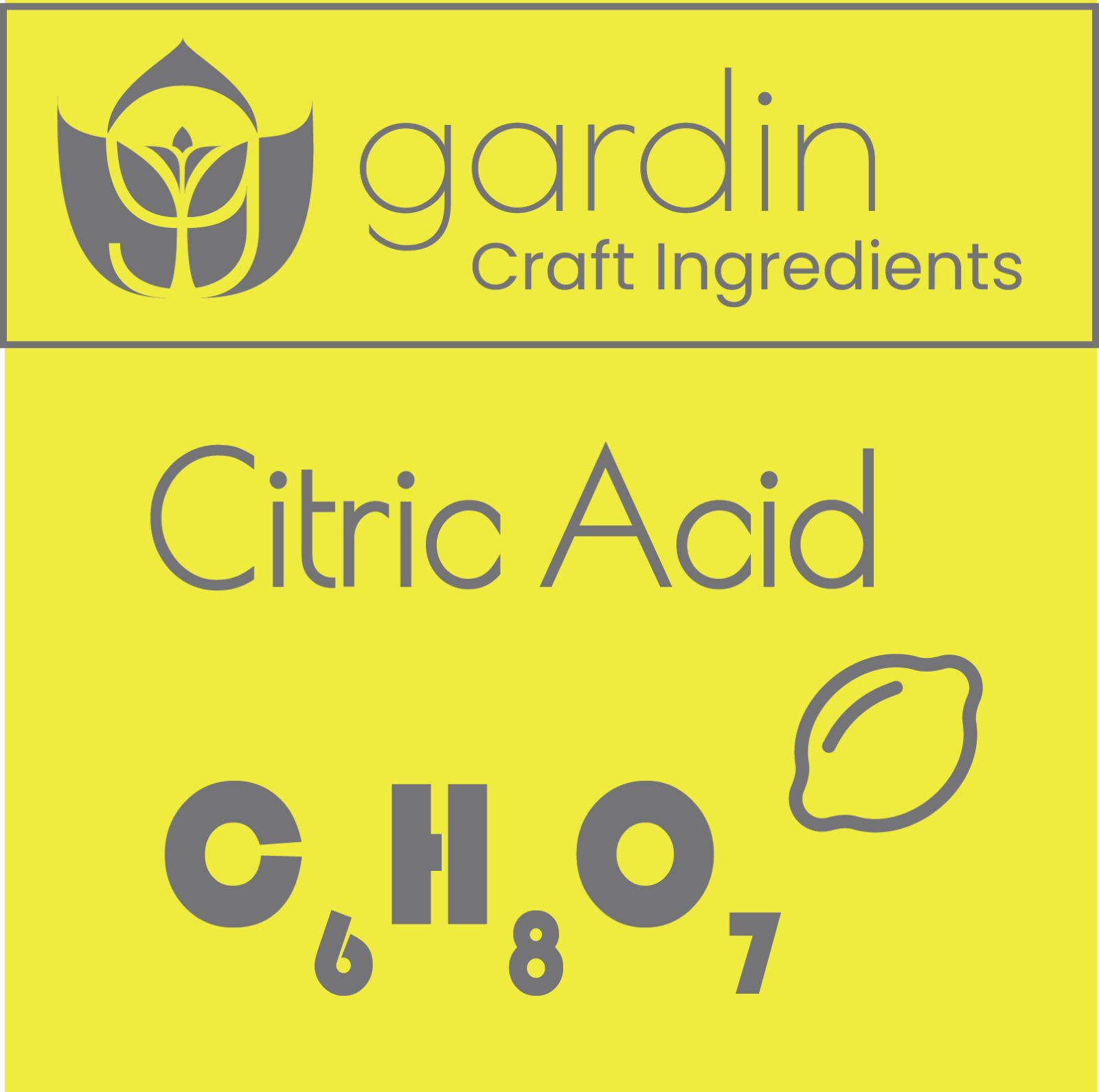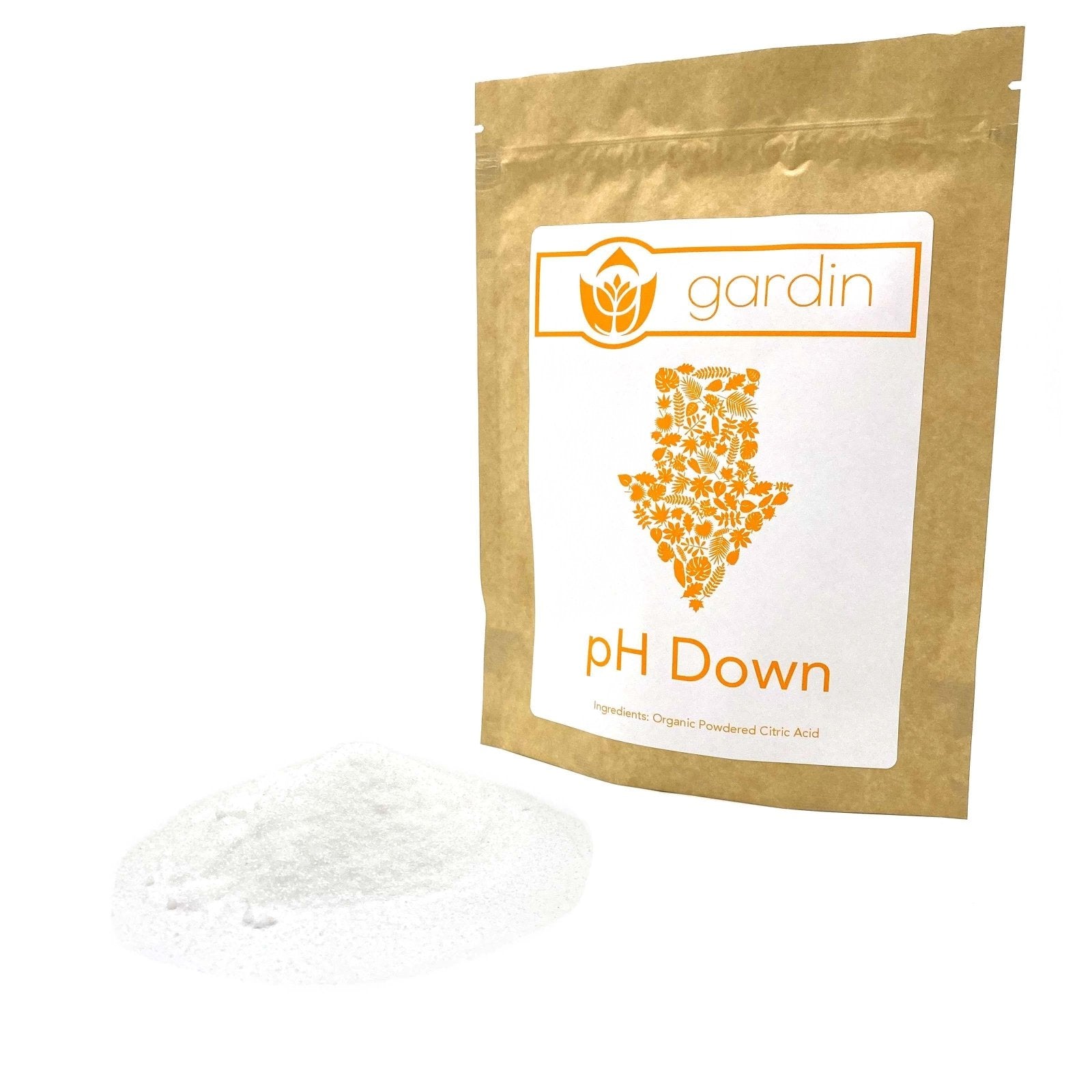Citric acid can be used for plants in several ways, although it's important to note that it should be used in moderation and with caution. Here are some common ways citric acid can benefit plants:
-
Adjusting Soil pH: Citric acid can be used to lower the pH of alkaline soils. This can be beneficial for plants that prefer slightly acidic soil conditions, such as azaleas, rhododendrons, and blueberries. To do this, you would dissolve citric acid in water and apply it to the soil around the plants. Be cautious not to overdo it, as excessive acidity can harm plants.
-
Chelating Agent: Citric acid can act as a chelating agent, which means it can bind to certain minerals in the soil and make them more available to plants. It can help improve the absorption of micronutrients like iron, zinc, and manganese. You can apply citric acid in small amounts along with fertilizers to enhance nutrient uptake.
-
Cleaning and Descaling: Citric acid can be used to clean and descale irrigation systems, pots, and tools that have mineral deposits or buildup. Simply dissolve citric acid in water and use it to soak or clean the affected items. This can help maintain the efficiency of your irrigation system and prevent clogs.
-
Preserving Cut Flowers: When added to the water in a vase, citric acid can help extend the life of cut flowers by inhibiting the growth of bacteria and fungi.
-
Herbicide: Citric acid can be used as an organic herbicide. It can be applied to weeds to weaken and eventually kill them. However, be cautious when using it near desired plants, as it can harm them as well if not applied carefully.
-
Pesticide: Citric acid can be used as a natural pesticide for some pests, like aphids and spider mites. A diluted citric acid solution can be sprayed on the affected plants to deter these pests.
When using citric acid in your garden or with your plants, it's essential to follow these guidelines:
- Use citric acid sparingly and in appropriate concentrations, as excessive use can harm plants.
- Always dilute citric acid in water before application.
- Test the citric acid solution on a small area of the plant first to ensure it doesn't cause any adverse effects.
- Consider the specific needs and tolerance of your plants when using citric acid.
- Keep citric acid out of direct contact with plant roots as it can be harmful in concentrated form.
While citric acid can be a useful tool for gardening, it should be used judiciously and as part of an overall plant care regimen that includes appropriate soil amendments, fertilization, and pest management.



